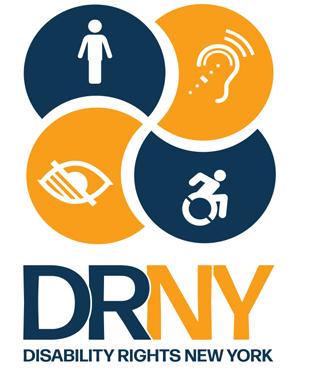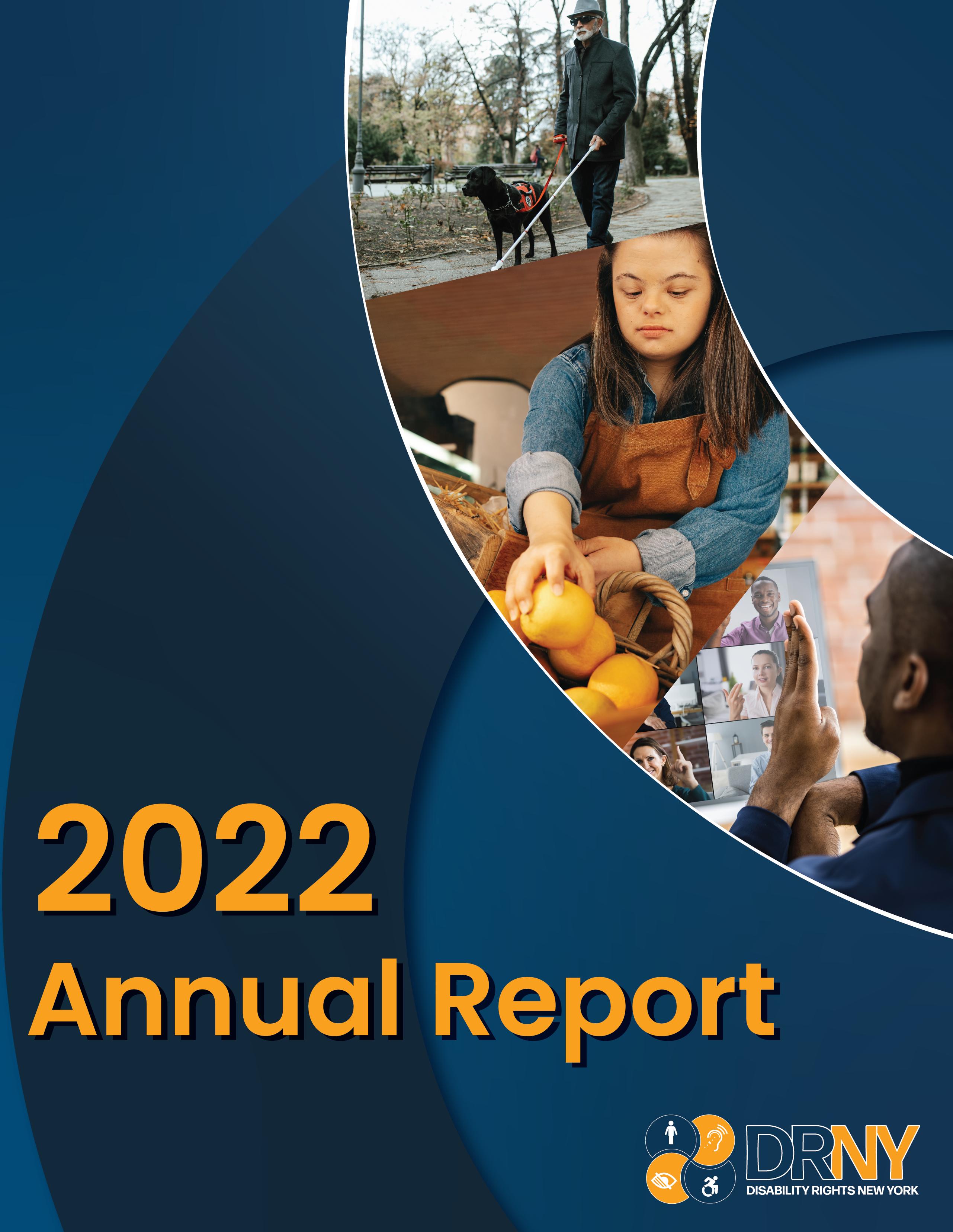

WELCOME TO DRNY
It doesn’t seem possible that 50 years ago the exposé on the Willowbrook State School aired on television. For the first time, previously hidden abuse and neglect that was taking place inside those walls made its way onto the news and into the homes of families across the country.
Congress was so outraged that they rightly took action and created the Protection and Advocacy System.
Throughout 2022, we examined the “Road to Inclusion” since Willowbrook. We talked with self-advocates about what is being done in their communities. And we talked about all of the work that still needs to be done.
As I reflect on DRNY’s efforts, I see an organization filled with people that passionately fight for the disability community each and every day.
Since the beginning of the COVID pandemic in 2020, we have faced global challenges and implemented necessary modifications of our operations. I am extremely proud of how we as a collective, have ensured that our community continued to be served.
I am pleased to present DRNY’s FY22 Annual Report. I hope you enjoy reading about just some of the successes we have achieved.
Please continue to let us know what is important to you, and how we can help.
Sincerely,
Timothy A. Clune, Esq. Executive Director
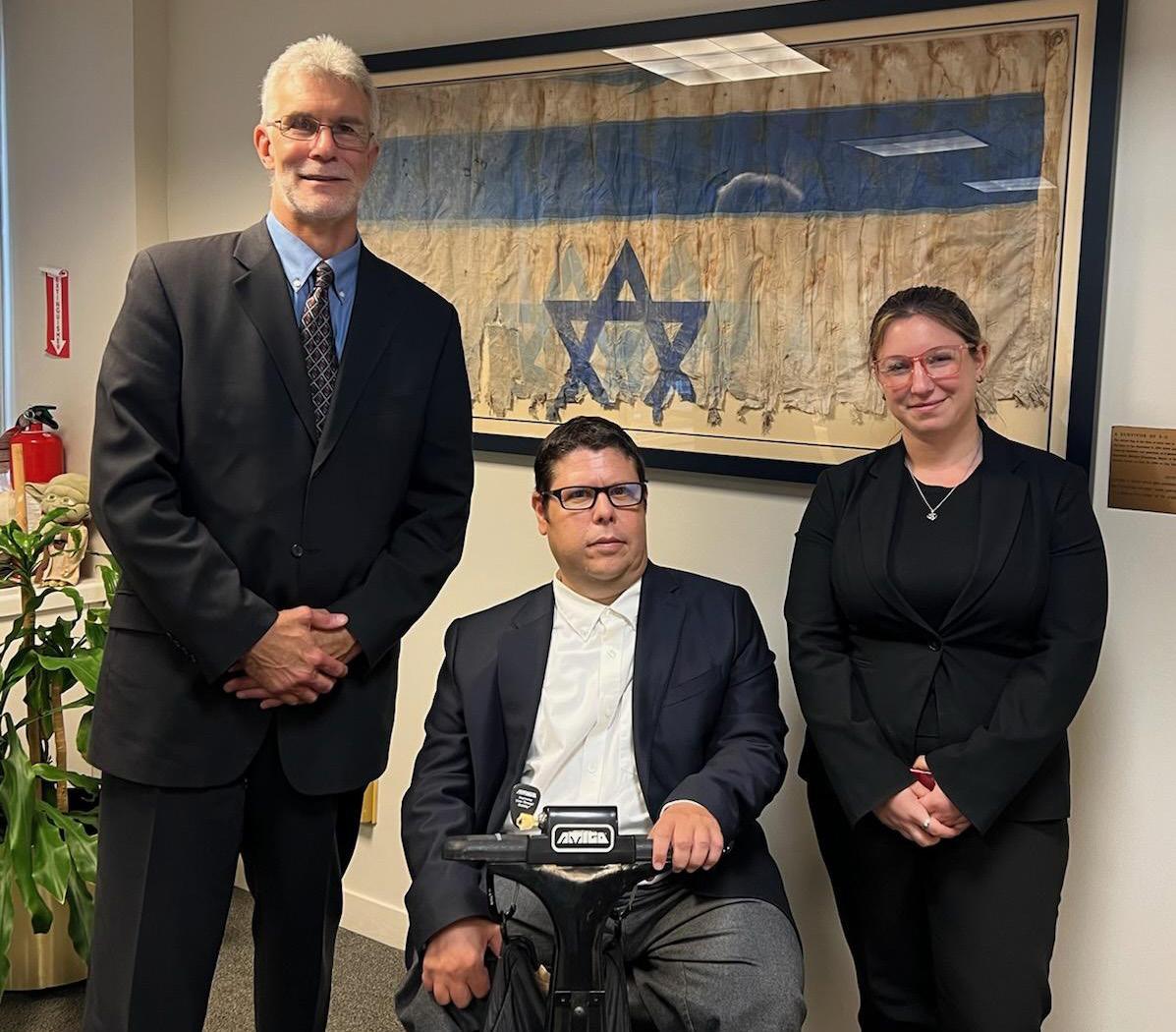
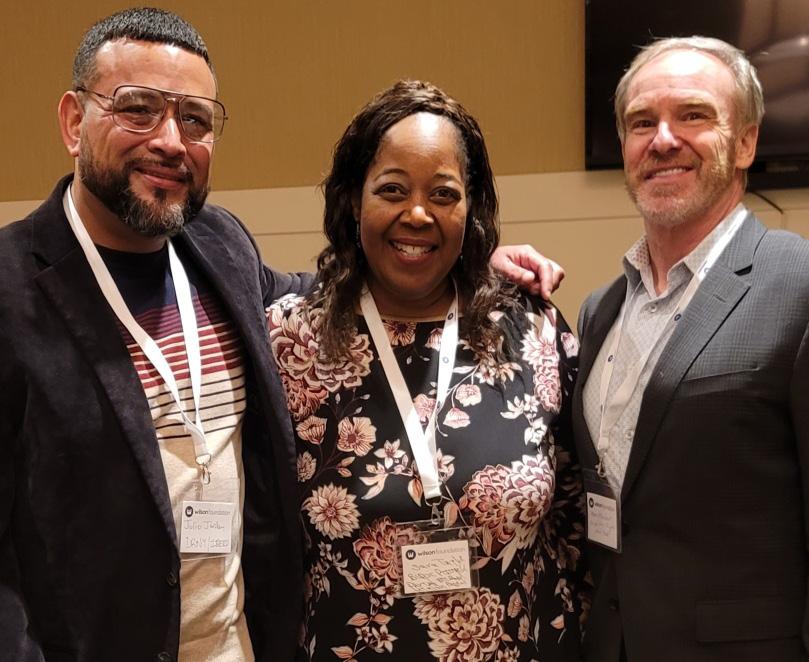
WHO WE ARE
As the Protection & Advocacy (P&A) and Client Assistance Program (CAP) for New York State, all DRNY work is conducted with recognition that the people we serve combat persistent societal stigmatization and can be members of traditionally underserved populations, including BIPOC and LGBTQIA+ communities. We develop systemic advocacy projects to address patterns of discrimination, including state and federal systemic litigation, monitoring and investigation, publishing reports and policymaker education.
We do this through the following programs:
cap
Client Assistance Program



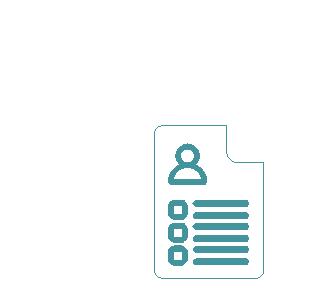
protection & advocacy for:
paat
Assistive Technology
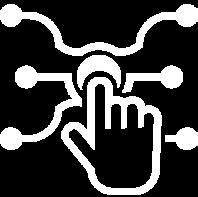
pabss
Beneficiaries of Social Security
padd
Individuals with Intellectual and Developmental Disabilities
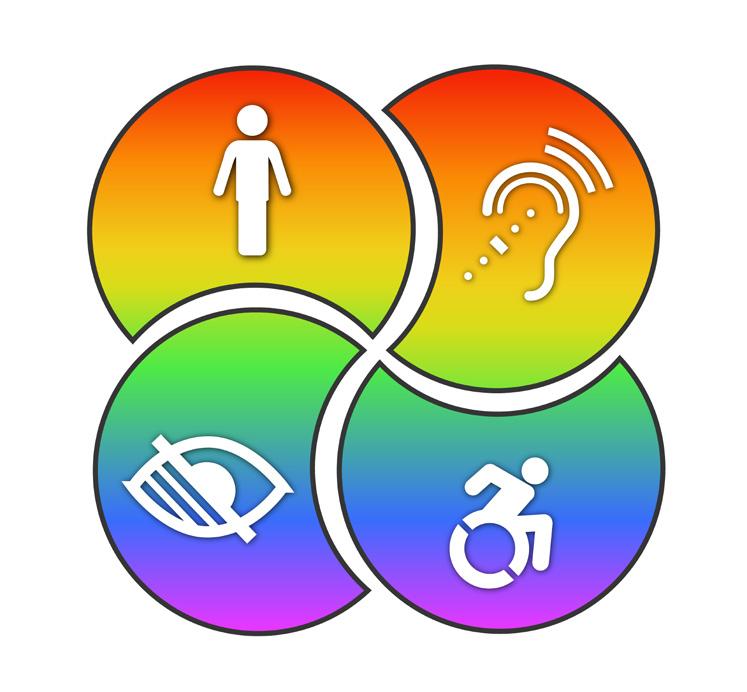
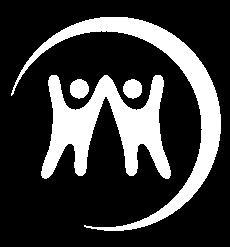
paimi
Individuals with Mental Illness
pair
Individual Rights
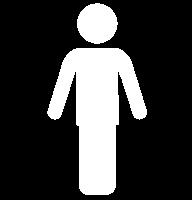
parp
Beneficiaries of Social Security with Representative Payees
patbi
Individuals with Traumatic Brain Injuries
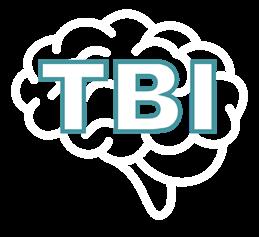
pava
Voting Access

BOARD OF DIRECTORS
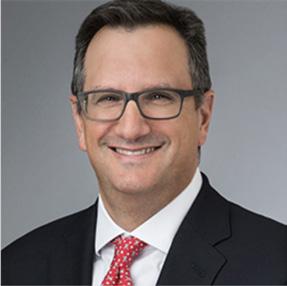
The Board of Directors’ primary responsibility is the governance of our nonprofit organization. In collaboration with our advisory councils, they approve the priorities, policies and budget for DRNY. DRNY actively recruits and elects members who are, or have been, a person with a disability or family members of a person with a disability.
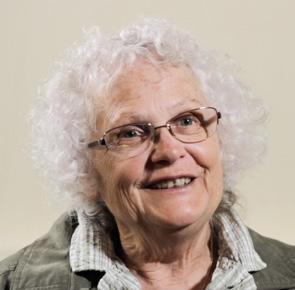
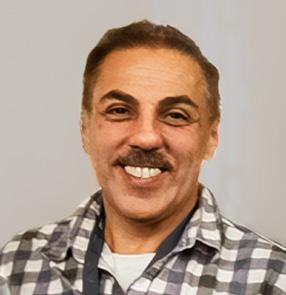
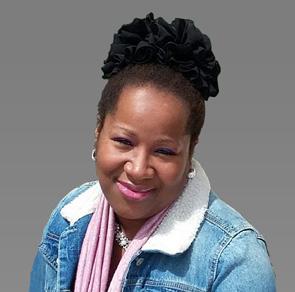

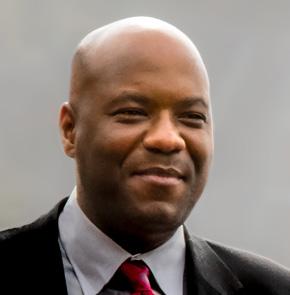
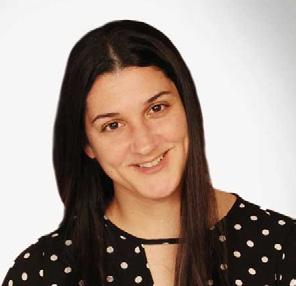

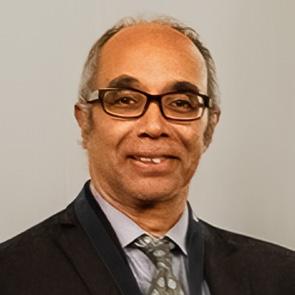
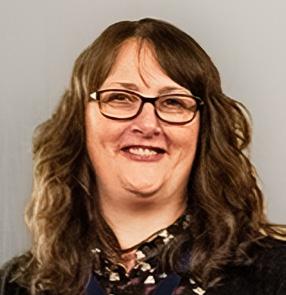 Christine Konsistorum, CPA President
Audie Serrano Director
Cathleen Kenny, CPA Treasurer
Andrew Gordon, Esq. Director
Lisa Barone Director
Anthony Curtis Director
Amy D’Amico, Esq. Director
Antoinette Jarrett Parker Director
George Badillo Secretary PAIMI Advisory Council Chairperson
Ann Scherff Director PADD Advisory Council Chairperson
Christine Konsistorum, CPA President
Audie Serrano Director
Cathleen Kenny, CPA Treasurer
Andrew Gordon, Esq. Director
Lisa Barone Director
Anthony Curtis Director
Amy D’Amico, Esq. Director
Antoinette Jarrett Parker Director
George Badillo Secretary PAIMI Advisory Council Chairperson
Ann Scherff Director PADD Advisory Council Chairperson
EXECUTIVE STAFF

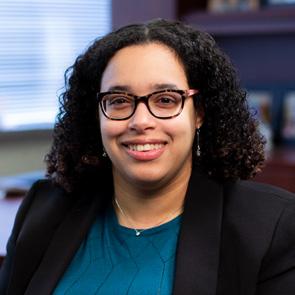
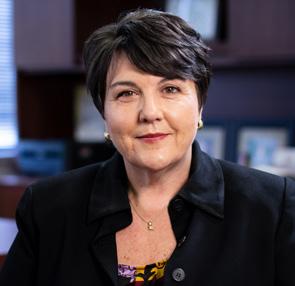
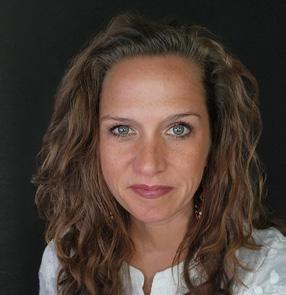
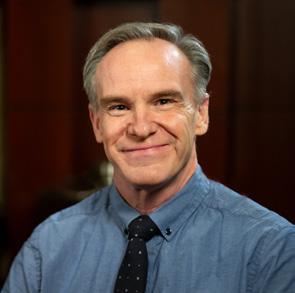
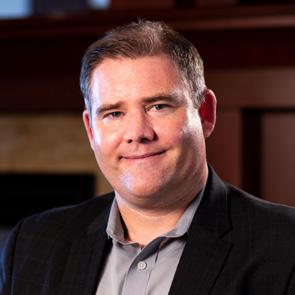


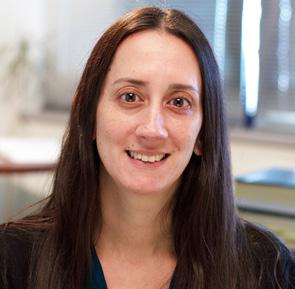
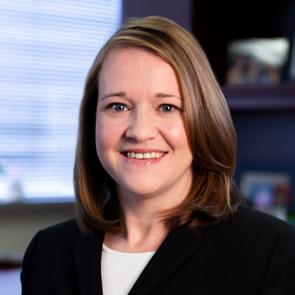
 Timothy A. Clune, Esq. Executive Director
Jennifer J. Monthie, Esq. Legal Director
Danielle Myers, CPA Chief Financial Officer & Director of Operations
Elisabeth Taylor Human Resources Director
Christina Asbee, Esq. Director PAAT, PAIR & PAVA Programs
Joseph Clark, Esq. Director PARP Program
Marc Fliedner, Esq. Director PAIMI & PATBI Programs
Katrin Haldeman Director Marketing & Communications
Julie Michaels Keegan, Esq. Director PADD Program
Erica M. Molina, Esq. Director CAP & PABSS Programs
Timothy A. Clune, Esq. Executive Director
Jennifer J. Monthie, Esq. Legal Director
Danielle Myers, CPA Chief Financial Officer & Director of Operations
Elisabeth Taylor Human Resources Director
Christina Asbee, Esq. Director PAAT, PAIR & PAVA Programs
Joseph Clark, Esq. Director PARP Program
Marc Fliedner, Esq. Director PAIMI & PATBI Programs
Katrin Haldeman Director Marketing & Communications
Julie Michaels Keegan, Esq. Director PADD Program
Erica M. Molina, Esq. Director CAP & PABSS Programs
INTAKE
Our Intake Department is our center of advocacy. They assess a high volume of clients for DRNY services daily and simultaneously close and resolve just as many service requests. There are a variety of ways that our intake advocates serve our clients in the community and those clients are the measure of how meaningful our help can be.
In FY22, we responded to 2,523 Service Requests. We provided full case services to 674 of those requests and provided Information and Referral (I&R) services to the remaining 1,849 requests.
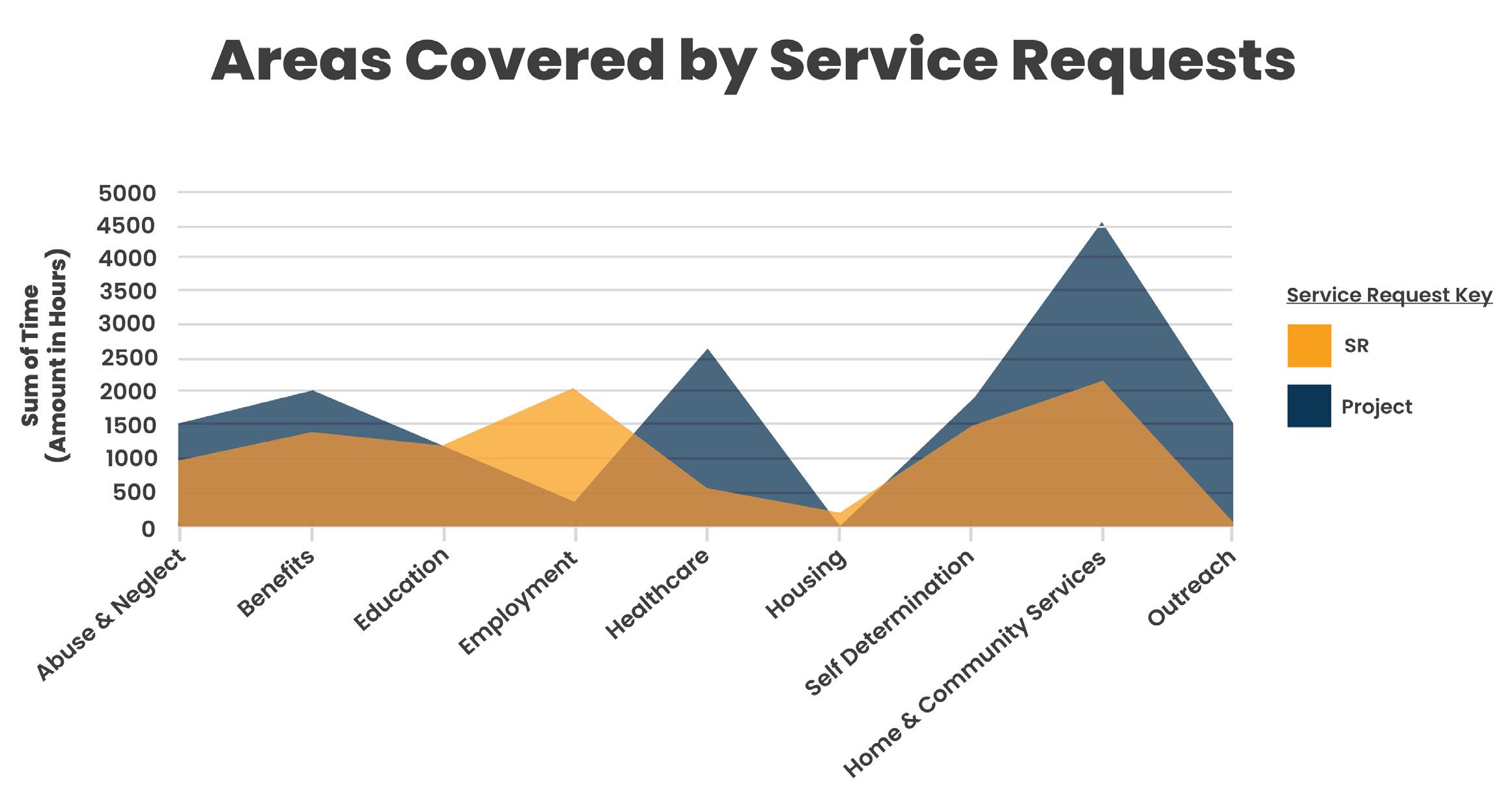
When we are contacted about issues that fall outside of our priorities or are unrelated to the person’s disability, we strive to provide appropriate referral sources. We educate people about their rights and available options. Our I&R services vary and are dependent on the needs of the person.
AVERAGED
210
SERVICE REQUESTS per month
OUR CLIENTS
Over this 12 month period, DRNY averaged 210 Service Requests per month from individuals throughout New York State. According to the most recent U.S. Census Bureau estimates, there are 3,029,683 individuals with disabilities living in New York State. DRNY handled 2,523 Service Requests for 2,121 distinct individuals.
Clients by Age
DRNY has assisted some of the most vulnerable individuals in New York State. 295 unique clients were residents of nursing homes, hospitals, correctional facilities, rehabilitation facilities, and youthfocused residential facilities. Of the residents living in the community, 239, or nearly 13.39% of DRNY’s unique clients were under 18. According to census data, individuals under 18 account for only 5.71% of civilian, non-institutionalized individuals with a disability.
The following table shows that 31.07% of DRNY’s clients are age 55 or older.
*Demographic information is not required to receive DRNY services.
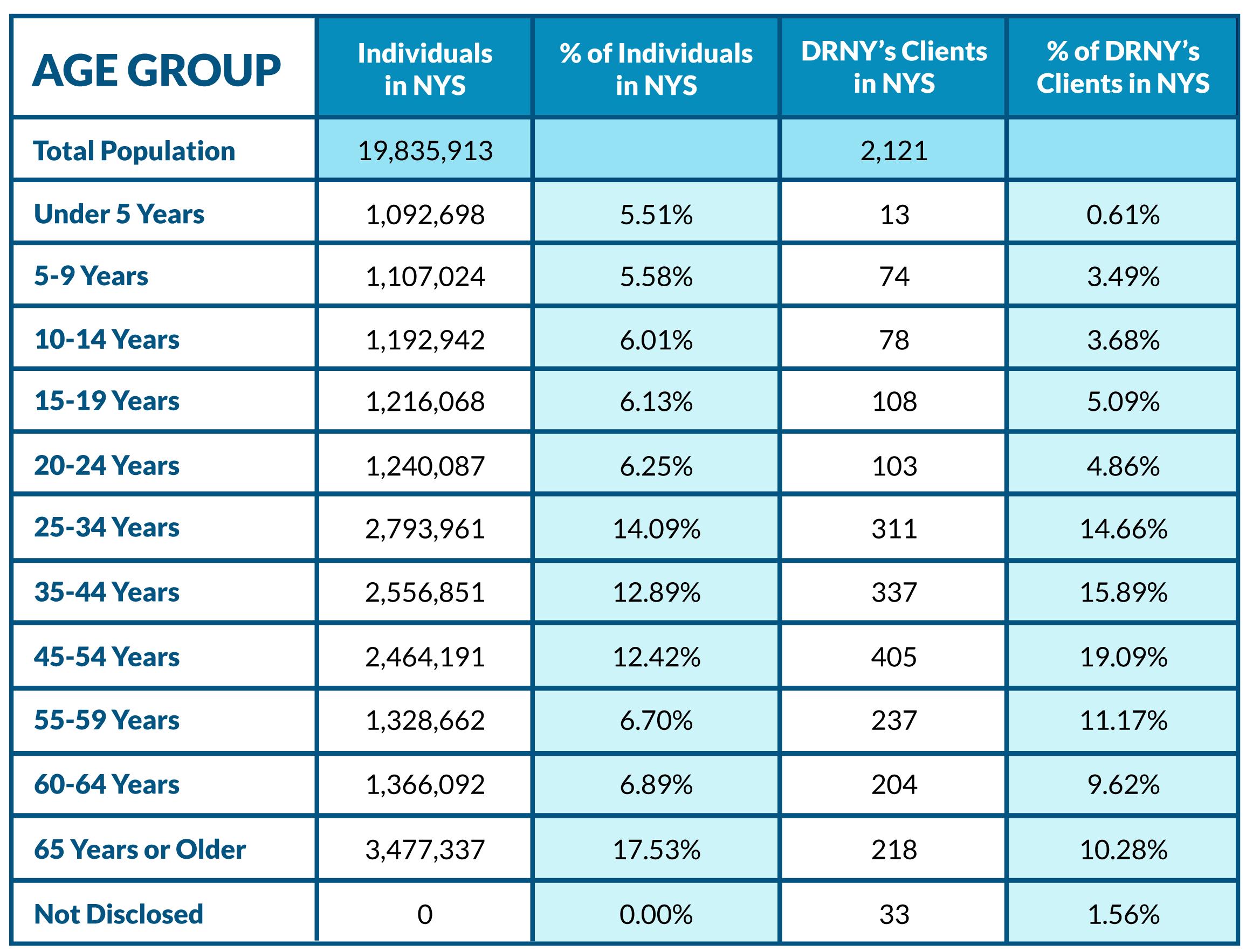
Clients from Under-Represented Groups
DRNY affirmatively seeks to provide services to historically under-represented groups. The following charts compare race and ethnicity demographics for the entire State of New York with that of DRNY’s clients.

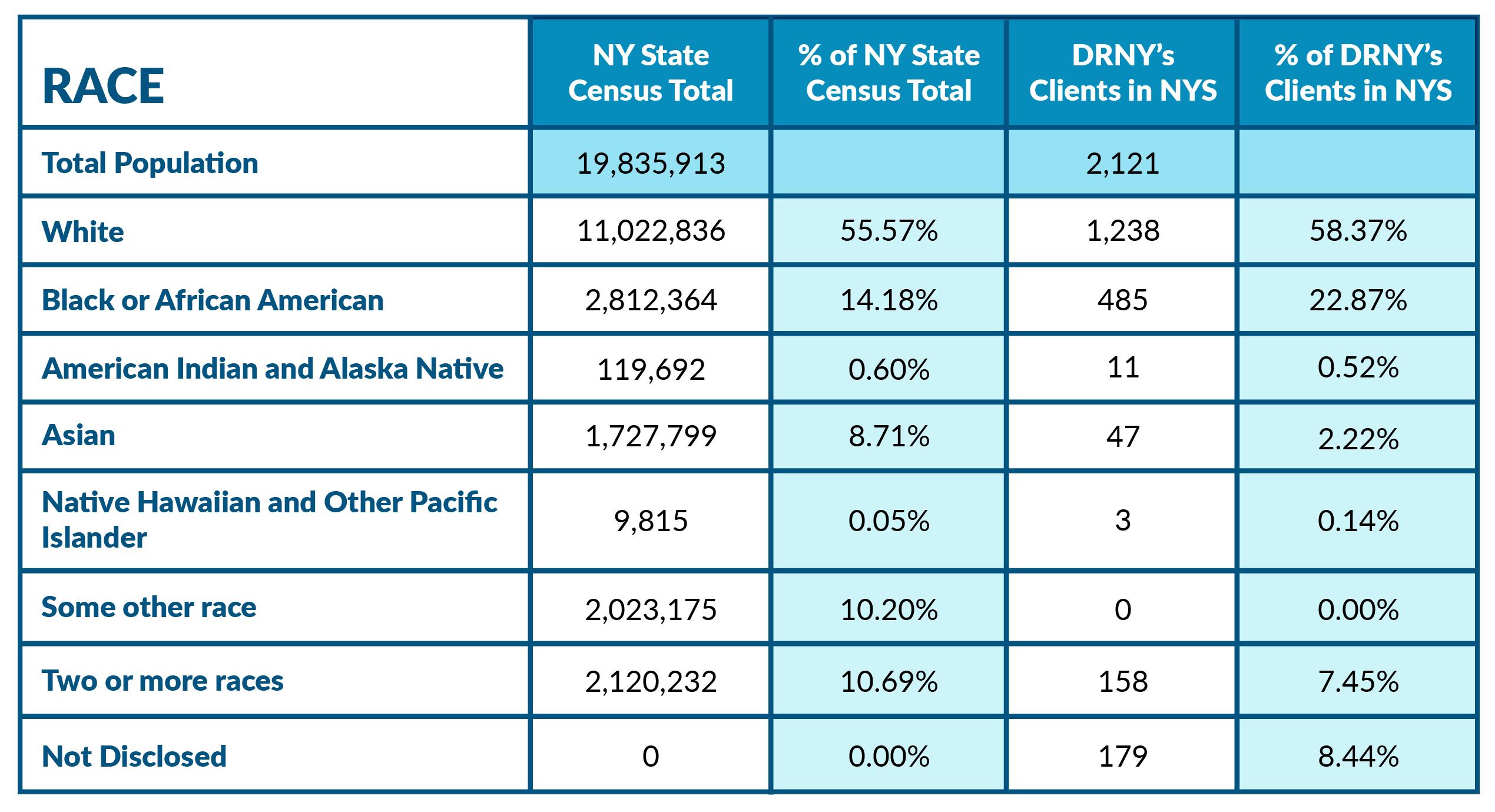
CAP is an advocacy resource for people with disabilities who are seeking, receiving, or have been denied services from state vocational rehabilitation agencies. In NYS those agencies are the Commission for the Blind and ACCES-VR. We help people get the services they need in order to prepare for, obtain, and maintain employment.
College Sponsorship Advocacy
We provide assistance through our Client Assistance Program to students who have connected with Adult Career and Continuing Education Services-Vocational Rehabilitation (ACCES-VR) for tuition and have had difficulty receiving their funding.

In one case, ACCES-VR had approved to pay tuition for a graduate student to attend Hunter College School of Social Work. However, after they became aware of his bipolar disorder, ACCES-VR revoked support. They believed his mental health diagnosis would negatively impact his studies.
As a result of our advocacy, ACCES-VR funded tuition for the graduate school program for Spring 2022. This was in addition to funding for his books, fees, and transportation, totaling more than $8,500.
PAAT
Our PAAT program helps people understand their rights to use medical devices or technology that can aid them in managing their disability. Collectively this is called Assistive Technology (AT). We help people navigate legal issues such as insurance denials of coverage for AT or related services, access to medical care that requires use of AT, housing accommodations, workplace accommodations, and accommodations in school.
Inaccessible Absentee Ballot
Voting access has been severely impacted by the absentee voting program in New York State. We, along with Disability Rights Advocates and Brown Goldstein & Levy, LLP, successfully reached a settlement with the New York State Board of Elections (NYSBOE) to remedy the issues.
As part of the settlement agreement, NYSBOE will create a statewide program that will allow Blind and Disabled voters to fill out a remote, accessible vote-by-mail ballot online, print it out, and mail or return it to their county Board of Elections.
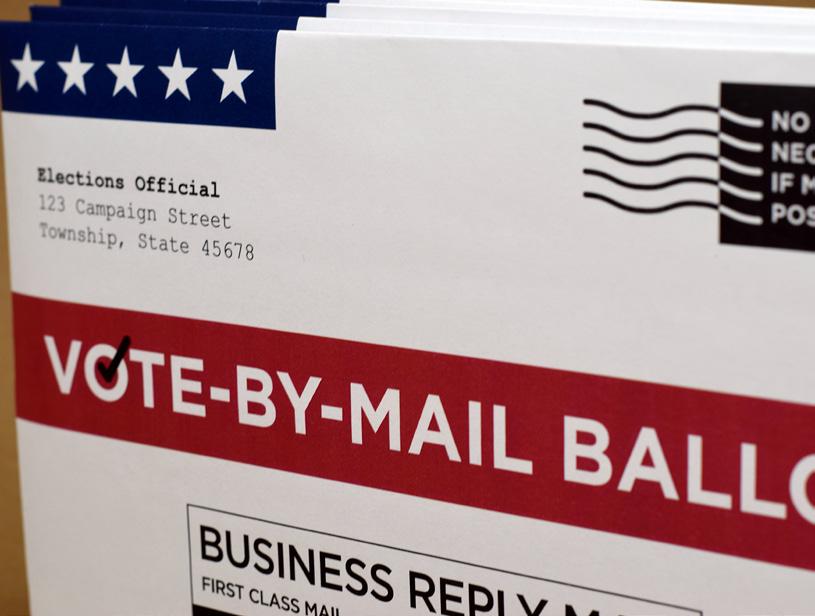
The settlement required NYSBOE to choose a remote accessible vote-by-mail (RAVBM) system that allows blind people and people with print disabilities to use their own computers to read and mark a ballot. The system would also allow for using their own screen-reader software that converts the ballot content into spoken words or into Braille displayed on a connected device.
NYSBOE also agreed to create a statewide portal that voters can use to request an accessible absentee ballot. They also agreed to train each of the fifty-eight county Boards of Elections on the use of the RAVBM system.
The settlement also requires that:
The county boards provide return envelopes for the ballots, just as they do for paper absentee ballots.
The inside oath envelope into which the ballot is to be placed must have a tactile marking indicating where it is to be signed.
NYSBOE will instruct county Boards of Elections to accept a signature anywhere on the envelope.
County boards will help voters who do not have their own printers to facilitate the printing of their ballots.
We filed a motion with the court against NYSBOE on July 8, 2022 for breach of the settlement agreement because the agency did not have the agreed-upon RAVBM system in place ahead of the June 2022 Primary Election. We also filed a motion for contempt after the NSYBOE refused to take steps to ensure the RAVBM system would be available ahead of the August and November 2022 elections. Because of our postsettlement compliance efforts, the NYSBOE prioritized settlement compliance and implemented the RAVBM system ahead of the November 8, 2022 General Election.
PABSS
Our PABSS program helps people remove barriers to being successfully employed. Some of those barriers include denial of reasonable accommodations, lack of accessible transportation to get to work, or being discriminated against while at work. Potential clients must be under age 65, and must currently be receiving SSI and/or SSDI.
Advocacy for Back Wages and Settlement
Due to the COVID-19 pandemic, a barista at a local university café was let go from her position. However, when restrictions were lifted and her employer was bringing people back for the next academic year, she was not offered her position again.
With our assistance, she requested reasonable accommodations to help with her mobility and mental health disabilities. Although she did not get her position back, we successfully negotiated a private settlement with her employer for back-wages totaling almost $4,000.

PADD
Our PADD program provides both systemic and individual advocacy to people with ID/DD. We investigate complaints of abuse, neglect, and rights violations. We monitor locations where people with disabilities receive services. We work to enforce and expand the rights of all people with ID/DD through lawsuits, public reports, education, outreach, and self-advocacy support.
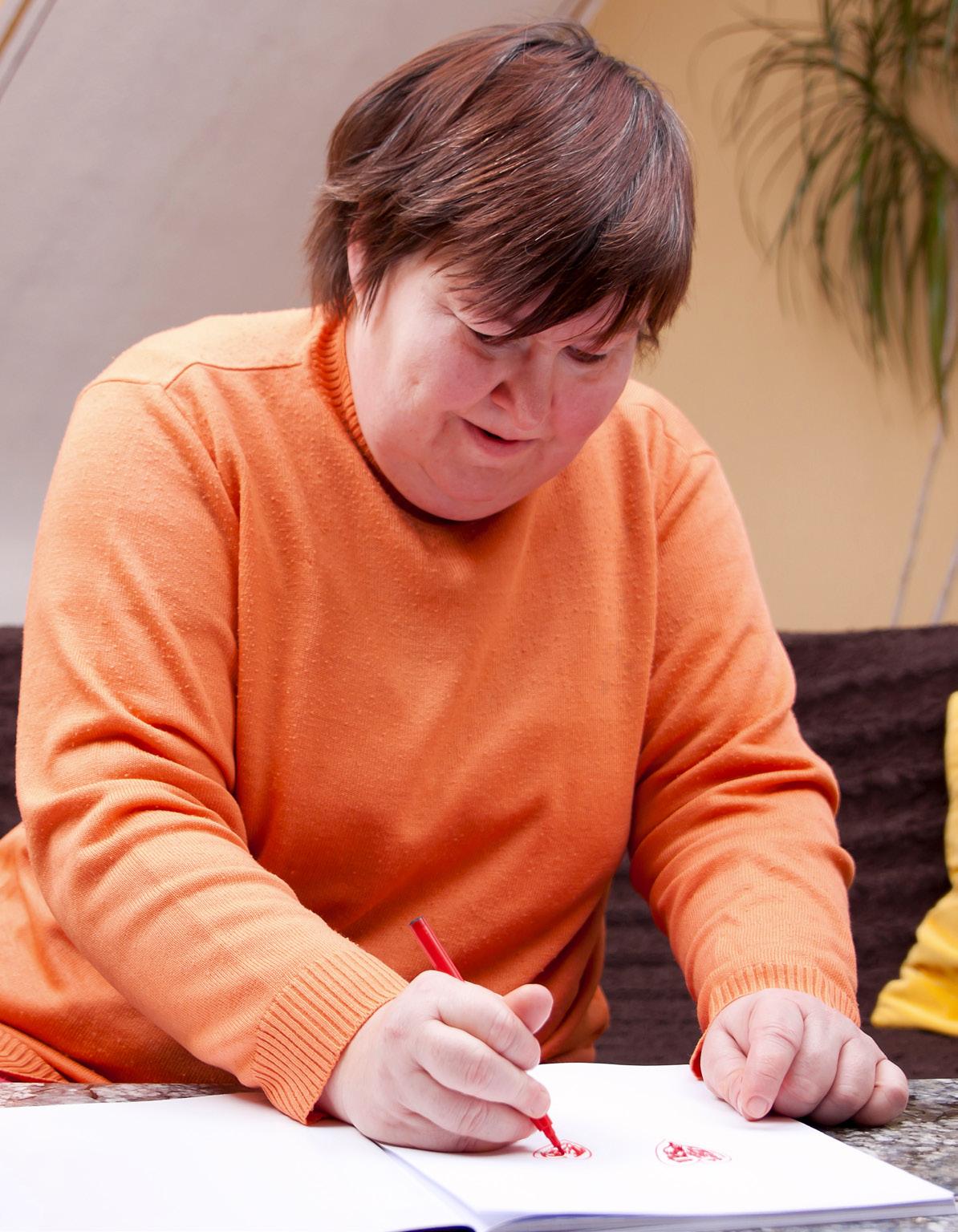
Fighting for De-Institutionalization of People with Intellectual and Developmental Disabilities
One of the most pressing crises impacting thousands of New Yorkers with intellectual and developmental disabilities (ID/DD) is the lack of community residential options. Along with our litigation partners, we filed a federal class action lawsuit against the New York Department of Health and the Office for People with Developmental Disabilities. This complaint was filed on behalf of our family members who are stuck in institutional settings with little or no access to the community, minimal privacy, and very little control over the most basic daily decisions.
Each of our plaintiffs, and the class they represent, have been determined eligible for community placement, however, they have been waiting in hospitals, nursing homes, psychiatric wards, and other institutions as long as six years, with no end in sight.
The lawsuit calls on the state agencies to provide timely community placement in accordance with state and federal laws.
PAIMI
Our PAIMI program provides both systemic and individual advocacy to people with a mental health diagnosis. We advocate on behalf of individuals living in the community, as well as in congregate care settings, including psychiatric facilities, adult homes, jails, and prisons. We work to enforce and expand the rights of all people with mental illness through lawsuits, public reports, education, outreach, and self-advocacy support.
Thousands of Medicaid-Eligible Children Denied Mental Health Treatment
New York State is currently facing a mental health crisis; one that affects all our family members who have a mental health diagnosis. Most shockingly, Medicaid-eligible children with significant mental health conditions are being deprived of mental health services they need to remain safely in their homes and communities. This crisis is the direct result of New York State’s longstanding failure to provide the services they are legally obligated to provide.
The impact of these failures is devastating. Access to services, including crisis response, is often what stands between these children and long-term admission to psychiatric facilities. Without adequate services, the families of these children are forced to rely on hospital emergency rooms during periods of crisis. Such facilities provide short-term care that fails to address underlying conditions. This pattern of system response far too often results in the children experiencing deterioration of their mental health conditions and prolonged disruption of their educations, family relationships, and community connections.
Along with our litigation partners, including Children’s Rights, the National Health Law Program, and the Proskauer Rose law firm, we filed a federal class action lawsuit against the New York State Department of Health and the Office of Mental Health.
We are seeking the creation of a system in New York State that provides timely access to medically necessary mental health services. Those services include providing assessments and service planning, the intensive care coordination that successfully links the multiple systems serving these children, intensive and home-based behavioral services, and mobile crisis services as needed.
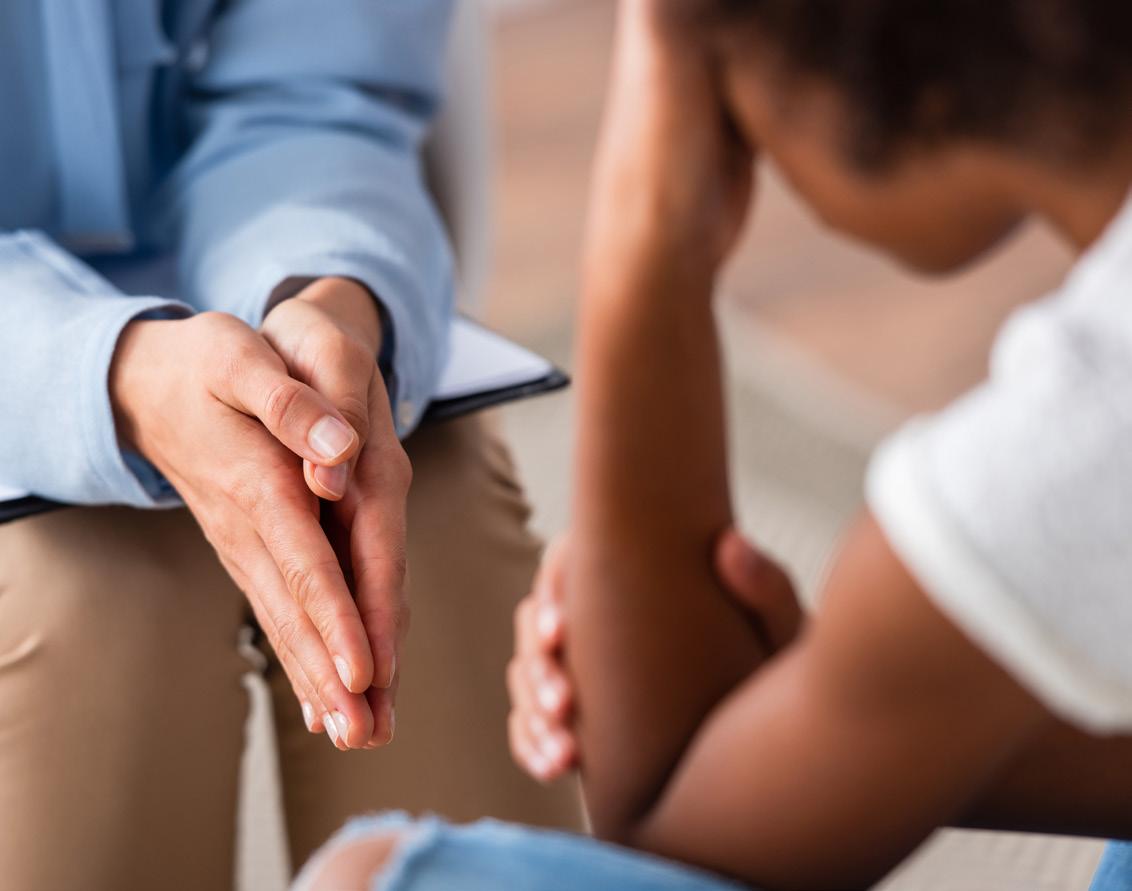
PAIR
Our PAIR program serves people with disabilities who are not eligible for assistance from our other programs. We work to ensure that they are free from discrimination in housing, employment, education, and access to public accommodations and that they are included in emergency preparedness initiatives.
Inaccessible Sidewalks in Bronx Neighborhood
After nearly two years of unsuccessful attempts to resolve the issues created by blocked pathways that people with disabilities were facing, we filed a lawsuit on behalf of the residents in the Mount Eden neighborhood. Those living there were being forced to navigate barriers along sidewalks, curb cuts, and crosswalks on a daily basis.
Prior to filing the lawsuit, we surveyed the neighborhood, and found accessibility barriers to the pedestrian pathways, those around the neighborhood’s hospital, and along Mount Eden Mall. All have been impassible because of illegally parked vehicles, ambulances parking on the sidewalks and in front of bus stops, and hospital infrastructure. Despite repeated requests, the city refused to find solutions to remedy the ongoing barriers and to address the lack of parking enforcement by the New York Police Department (NYPD) in this neighborhood.
Along with the Complaint, we filed a Motion for Preliminary Injunction and Temporary Restraining Order seeking a court order for NYPD to enforce existing parking laws that prohibit illegal parking. The US Department of Justice joined the case through a Statement of Interest.
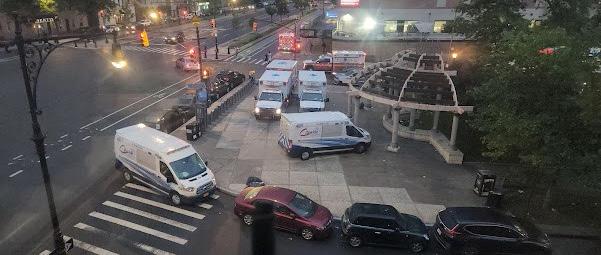
PARP
Our PARP program protects Social Security beneficiaries that require the assistance of a representative payee from financial exploitation, abuse, and neglect. A representative payee is a person or an organization who assists someone who can’t manage or direct the management of their benefits. We review the performance of representative payees through beneficiary and payee interviews, onsite inspections, and a detailed review of financial and other documentation. These reviews ensure the wellbeing of beneficiaries while educating payees on how to better serve them.
Investigation of Abuse and Financial Misuse Allegations
Allegations of abuse, neglect, and financial misuse were brought to us by a woman whose mother is living in a New York State nursing home.
The nursing home is serving as Representative Payee for eighty (80) Social Security beneficiaries, including the mother we were now advocating for. Allegations included a lack of adequate medical care, improper billing, inadequate financial documentation, failure to provide beneficiaries’ personal needs money as required, and improper handling of beneficiaries’ Economic Impact Payments (EIP).
Our Representative Payee Team determined that the nursing home was the subject of an active review for the Social Security Administration (SSA) under a different name. We substantiated the allegations and SSA is now in the process of determining whether the nursing home is suitable to be a Representative Payee.
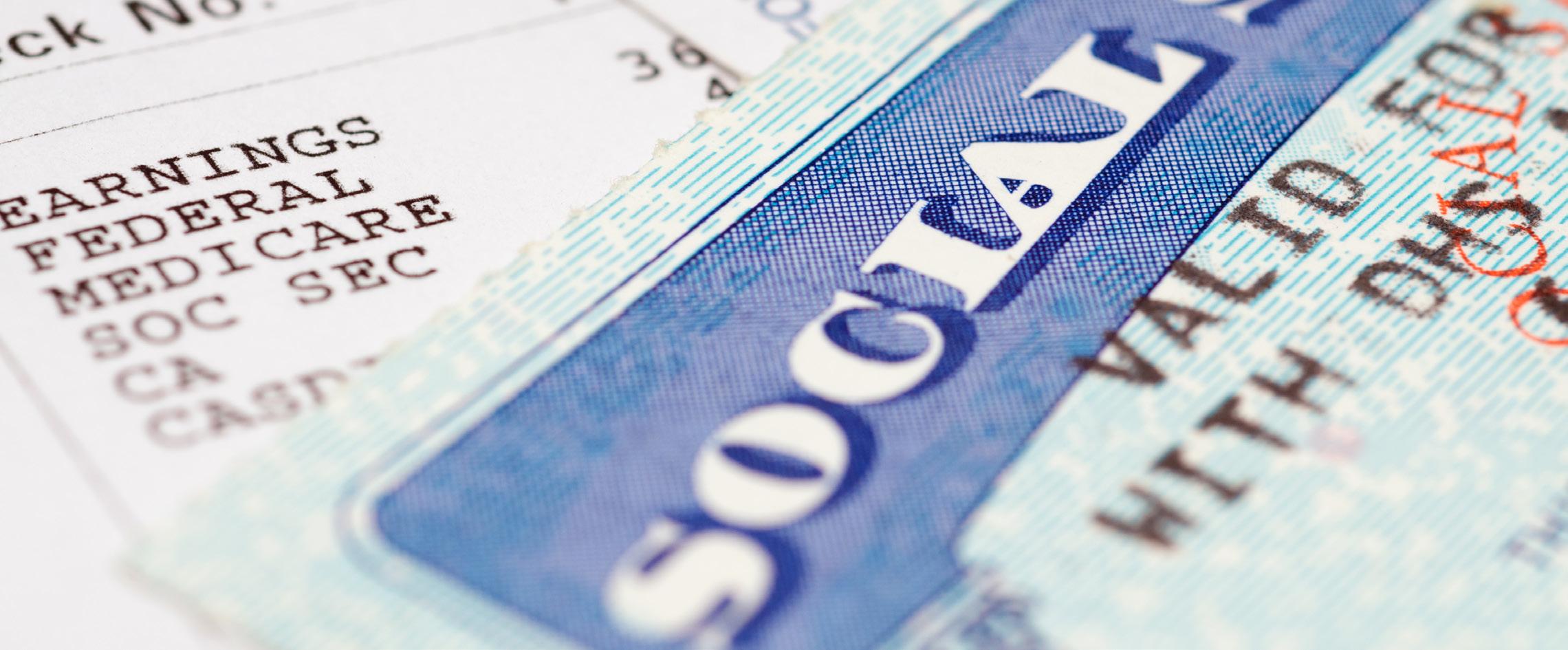
PATBI
Our PATBI program helps people with TBI navigate legal issues that may affect all aspects of their lives, including access to medical care, housing accommodations, workplace accommodations, and accommodations in school. We ensure that people with TBI and their families have access to information, referrals and advice, individual and family advocacy, legal representation, and specific assistance in self-advocacy.
Systemic Work Impacting People with Traumatic Brain Injury
Sustaining a traumatic brain injury (TBI) will often mean that adjustments will need to be made throughout a person’s life. Along with those changes, oftentimes there will be additional barriers that are faced while finding adequate treatment and support.

Our work this year included assisting a woman who was facing several obstacles. There were irregularities in the management of her prescribed medications and lack of access to outside medical providers. She also had no discharge planning to facilitate her placement in a less restrictive, communitybased residence with proper supports.
Through meeting with the members of the treatment team, we identified more systemic problems. Staff had an inadequate understanding of TBI and its manifestations. They were unaware that people with TBI’s communication issues are often mischaracterized as aggressive or difficult. Consequently, requests for assistance and access to services were being placed on a back burner or dismissed entirely.
Providers are unfamiliar with how the TBI waiver program works and what options are available. Our systemic work going forward will focus on educating providers and assisting those with TBI.
PAVA
Our PAVA program helps ensure that people with disabilities are included in the election process. Civic engagement and inclusion of all people, including people with disabilities, is paramount to our democracy. We ensure that every qualified person with a disability has access to vote on Election Day.
Violation of Title III of the Help America Vote Act
The introduction of early voting has added one more level of accessibility to voting programs across New York State. However, during the early voting times for the 2021 General Election, residents were unable to vote privately and independently because both Ballot Marking Devices (BMDs) at their poll site malfunctioned. The poll workers did not provide voters with alternative options to vote and at this point, voters could no longer request an absentee ballot.
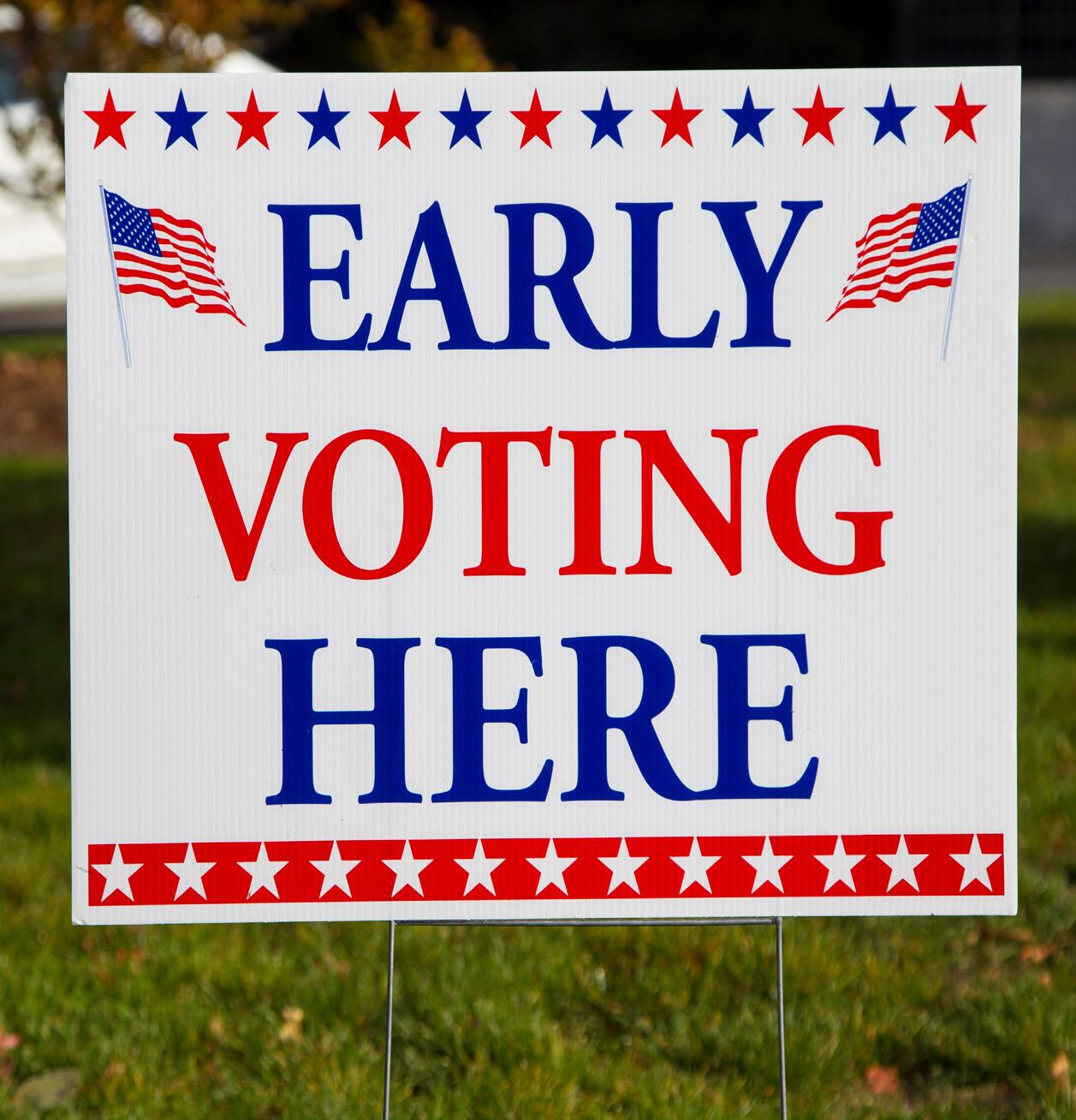
The New York State Board of Elections determined that there was a violation of Title III of the Help America Vote Act (HAVA), and issued a decision ordering New York City Board of Elections to do the following:
Instruct poll workers on procedures relating to the checking of BMDs to ensure they are operational both prior to the opening of the polls and throughout the day.
Review current troubleshooting and training materials to ensure that all procedures are up to date and thoroughly inform poll workers of their obligations with regard to BMDs.
Instruct poll workers to inform voters of each of their options to cast their vote when a BMD malfunctions or is otherwise non-operational.
Instruct poll workers on procedures requiring poll workers to provide bipartisan assistance to vote using replacement ballots following BMD malfunctions.
2022 HIGHLIGHTS
Willowbrook & the Road to Inclusion
2022 marked the 50th year of the exposé on Willowbrook. Throughout the year, we held a series of events entitled Willowbrook & The Road to Inclusion to bring awareness to the fact that there is still a long way to go.
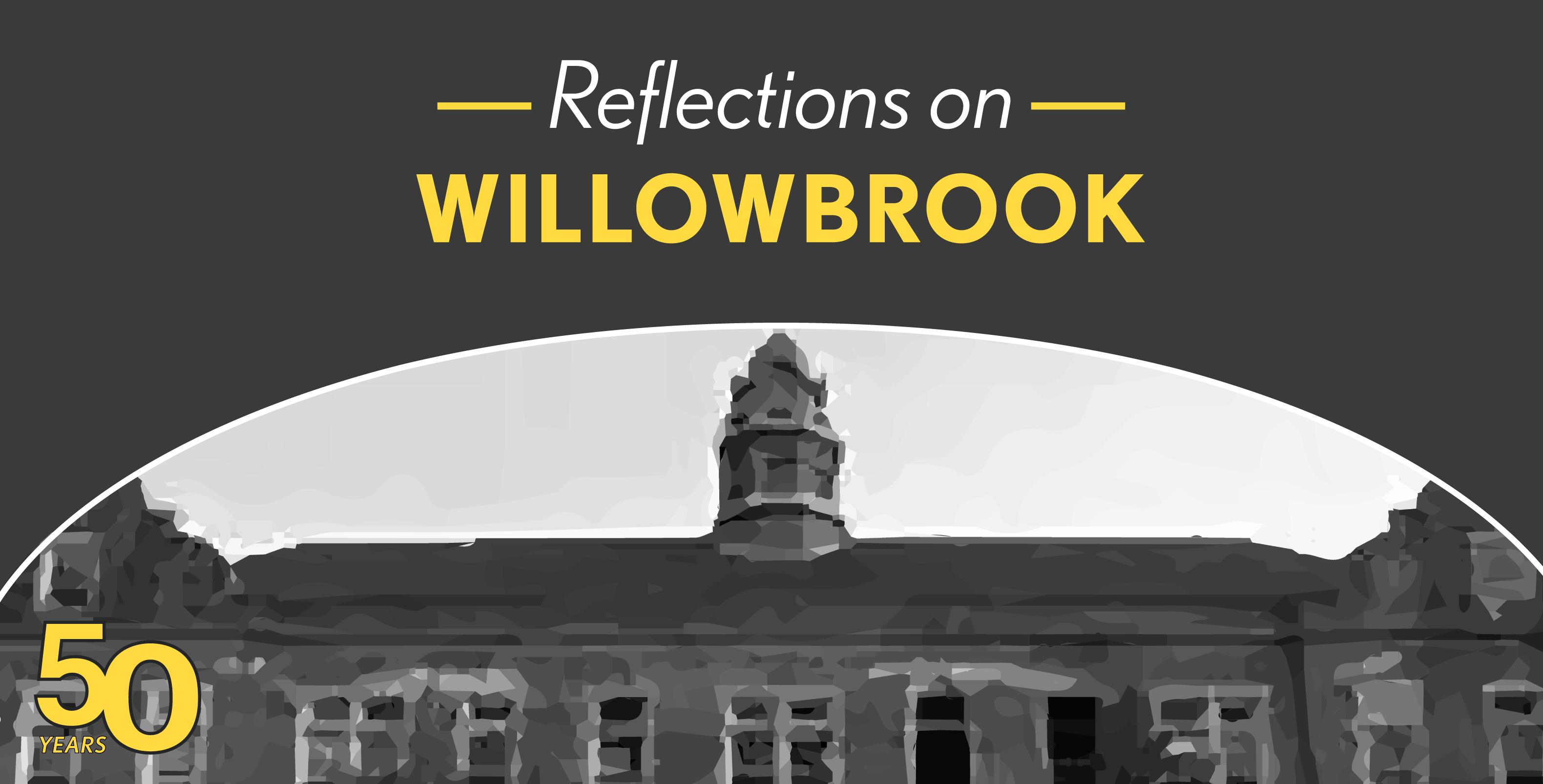
The series included videos and panel events such as:
DRNY & The Road to Inclusion
Willowbrook & The Road to Inclusion: Rethinking Guardianship for People with I/DD

Willowbrook & The Road to Inclusion: The Impact of Ableism on Barriers to Communication for People with Disabilities
Willowbrook & The Road to Inclusion: Ableism & Access to Health Care Systems
Willowbrook & The Road to Inclusion: Removing Roadblocks to Accessible Transportation
The tenets of disability justice demand that we have a role in challenging and dismantling systemic racism. The public killing of George Floyd in May 2020 brought renewed focus to our responsibility in addressing the oppressive systems affecting the Black community. We have committed to this work by creating the Advisory Committee on Advancing Racial Equity (C.A.R.E.). to reflect both internally and externally on matters such as bias, privilege, racism, and intersectionality.
The Protection & Advocacy (P&A) disability rights movement began in 1972, when our nation responded to reports of egregious abuse and neglect against people with disabilities. Action is inherent in the work that we do, and it is crucial that we voice the injustices happening against the Black community, as well as Indigenous communities and those of people of color (BIPOC). By working under a philosophy of disability justice, we have furthered our knowledge to respect the intersectional identities of our clients. This includes people who identify as BIPOC, people who possess immigrant status, the LGBTQIA+ community, and those living in poverty.
As an organization, we are leading by example. We have become vocal in calling out injustices against the Black community by releasing statements and calling for change. C.A.R.E. work led to DRNY’s sitting on the New York State Bar Association’s (NYSBA) Task Force on Racial Injustice and Police Reform. We have also spoken on various panels regarding the mistreatment of people with mental illness at the hands of police. With the help of a third party, we conducted a Self-Assessment for Cultural Competence & Legal Literacy and we established a BIPOC Affinity group for staff. We are continually examining recruitment and internal policies to ensure that we approach our work with disability justice in mind at all times.
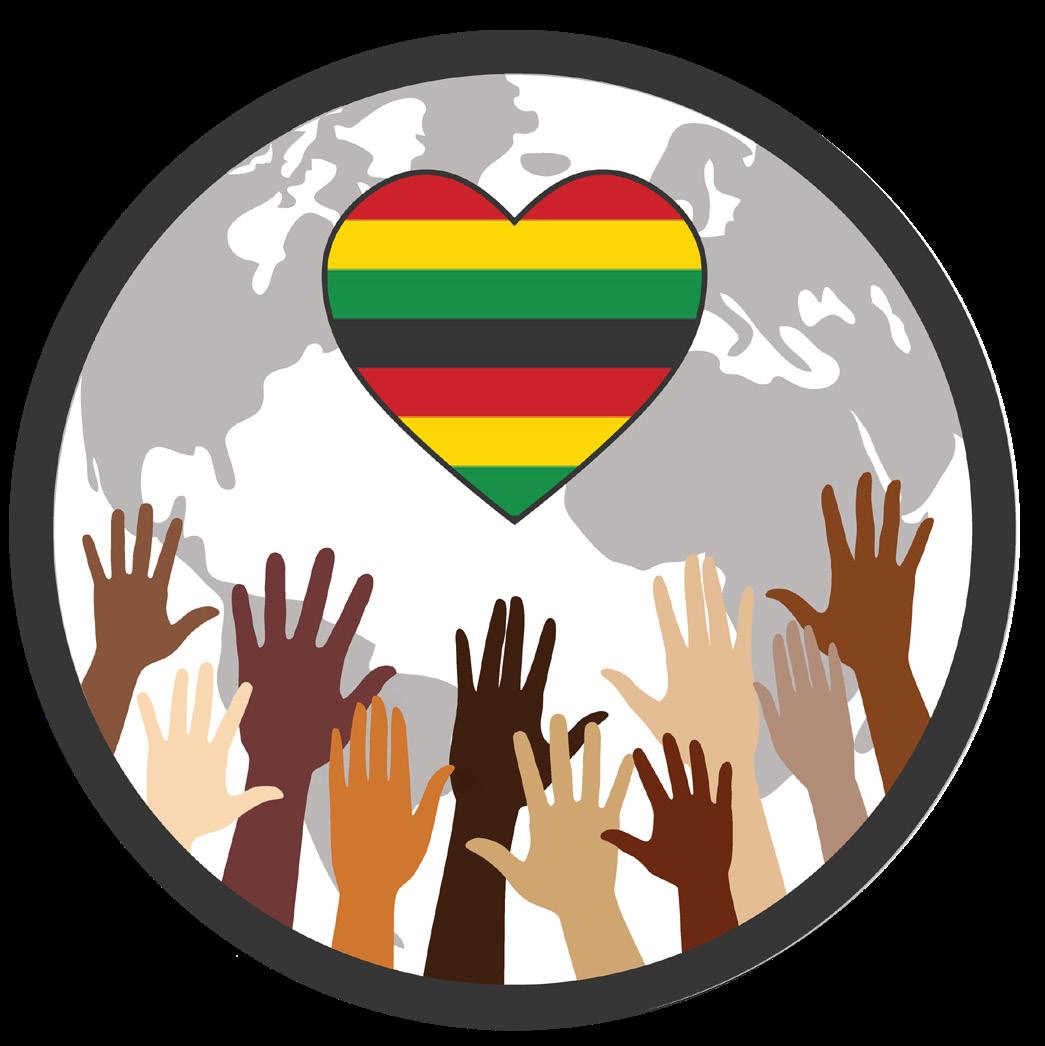
COVID Vaccine Access Grant
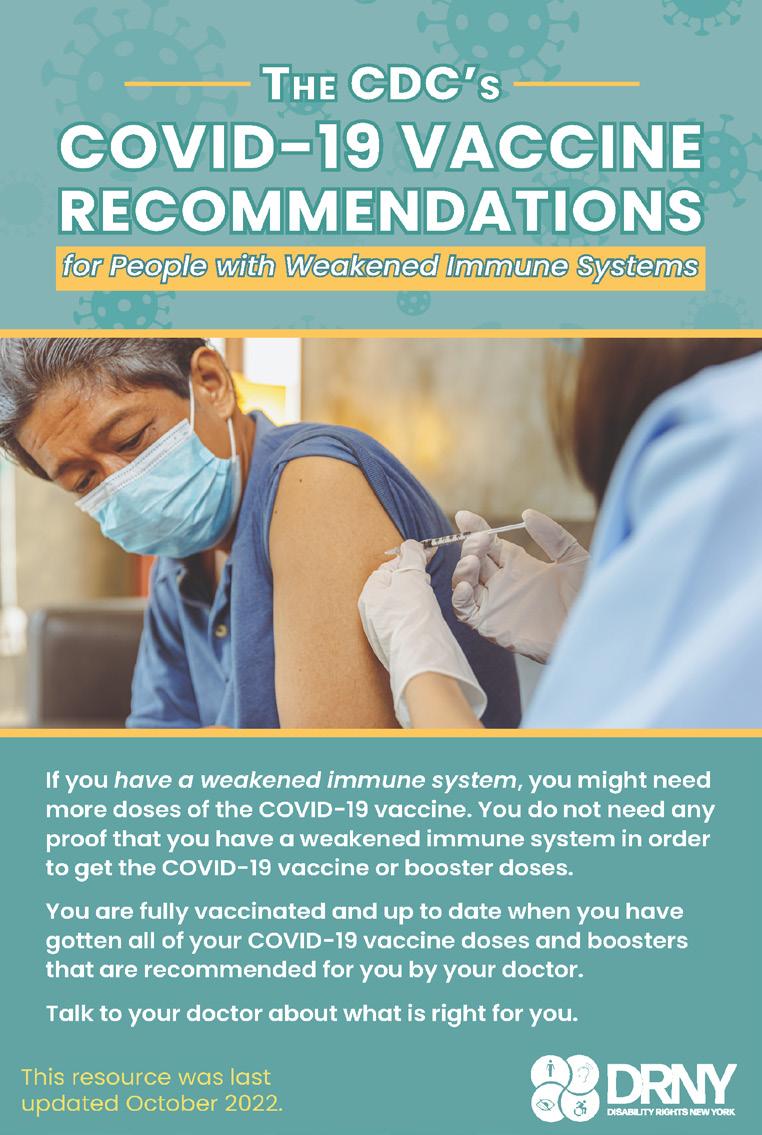
The Administration for Community Living (ACL), with funding and partnership support from the Centers for Disease Control and Prevention (CDC), awarded our grant to provide critical services to help communities combat COVID-19. A leading priority of this joint effort is to ensure vaccines are equally accessible to individuals with disabilities.
As part of our ongoing priority to reach underserved communities, we hosted online events to answer questions about the vaccine and we produced three videos, including one fully immersive Spanish and one fully immersive simplified Chinese. All of our events included American Sign Language (ASL). We created several COVID vaccine education documents, including toolkits, flyers, and fact sheets.
Community Inclusion Fellowship Grant
In recognition of the 50th anniversary of the Willowbrook exposé , DRNY targeted a special grant from the Administration for Community Living to fund a Community Inclusion Fellowship.
The Fellow provided legal assistance to individuals facing barriers to inclusion in schools, public libraries, college campuses, and housing.
He also supported DRNY’s ongoing litigation on behalf of adults who are languishing in residential schools even though they finished their education. At any given time there are 200 adults who remain on school campuses more than a year after finishing their education, both in and out of New York State. He also worked on a comprehensive report describing programs and laws impacting the transition of individuals from day programs to competitive, integrated employment.
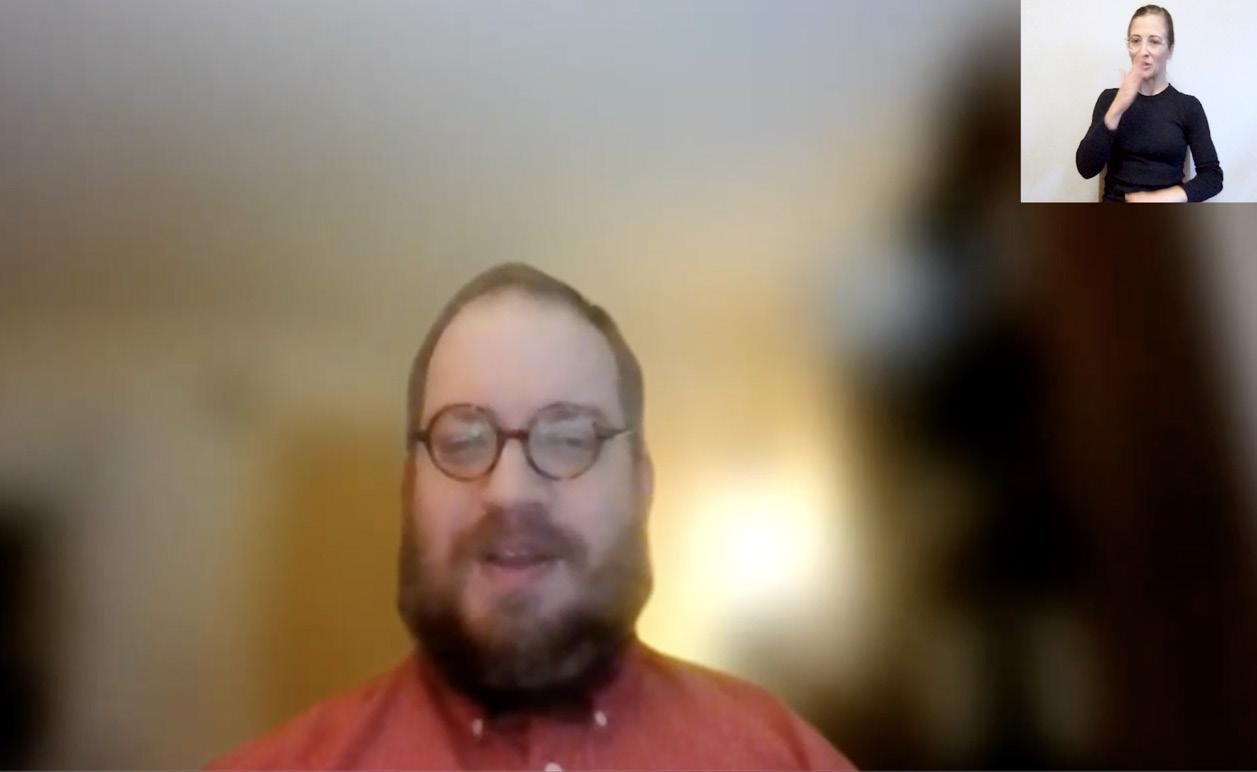
IN ACTION
Marketing & Communications
The Marketing & Communications Department informs the public about our services, what we have accomplished and what your rights are. With that in mind, we developed a strategic and goal centered plan to identify areas to focus on and approach from a person-first perspective, ensuring that it includes all members of the community.
New Brand, New Look!
This new logo represents our vision of unity and equality, highlighting the diversity of the disability community that we serve.
The images embrace each other in a circular shape, symbolizing community support and the inclusivity we advocate for throughout New York State.
Video Library & Outreach
We created 46 new videos that include: trainings, live events, and ASL interpretation versions.
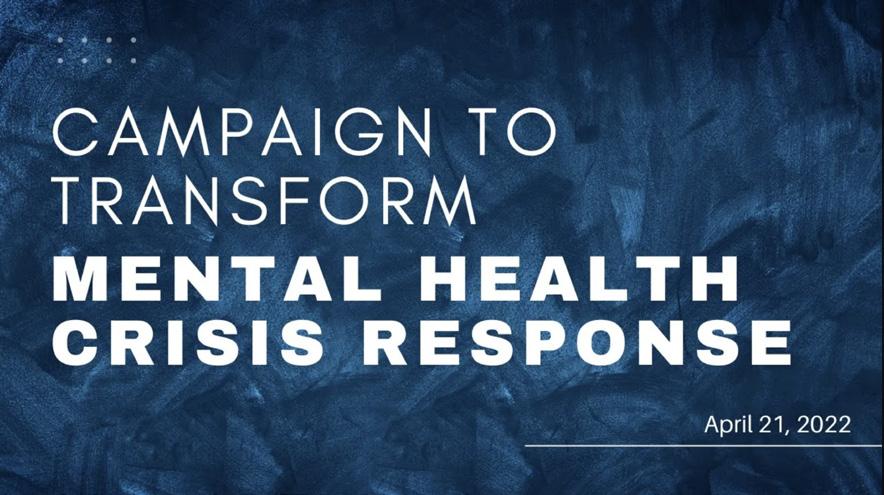
FY22 FINANCIAL REPORT
Each year our finance department ensures that our funding and our programs are managed successfully.
EXPENSES
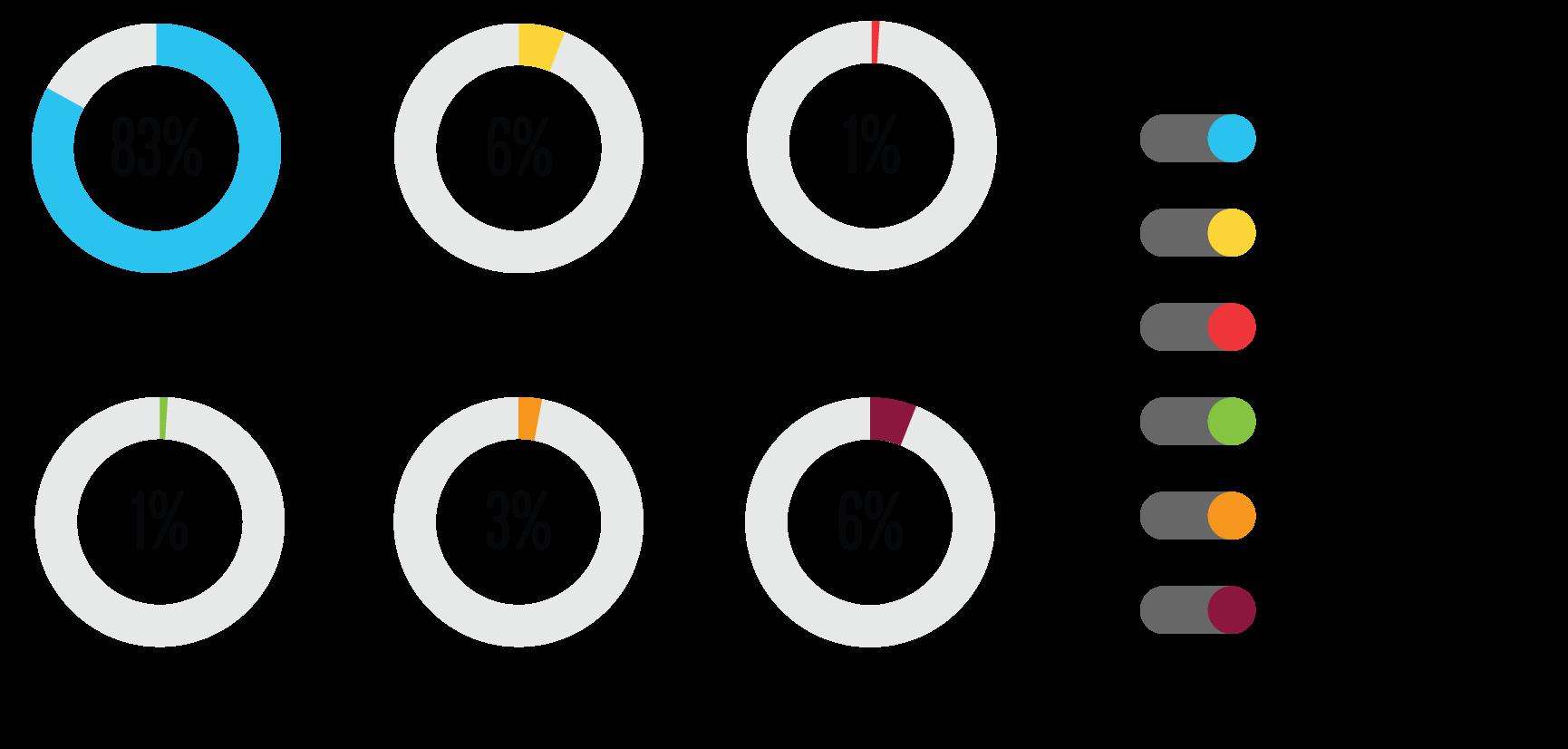
FEDERAL GRANTS
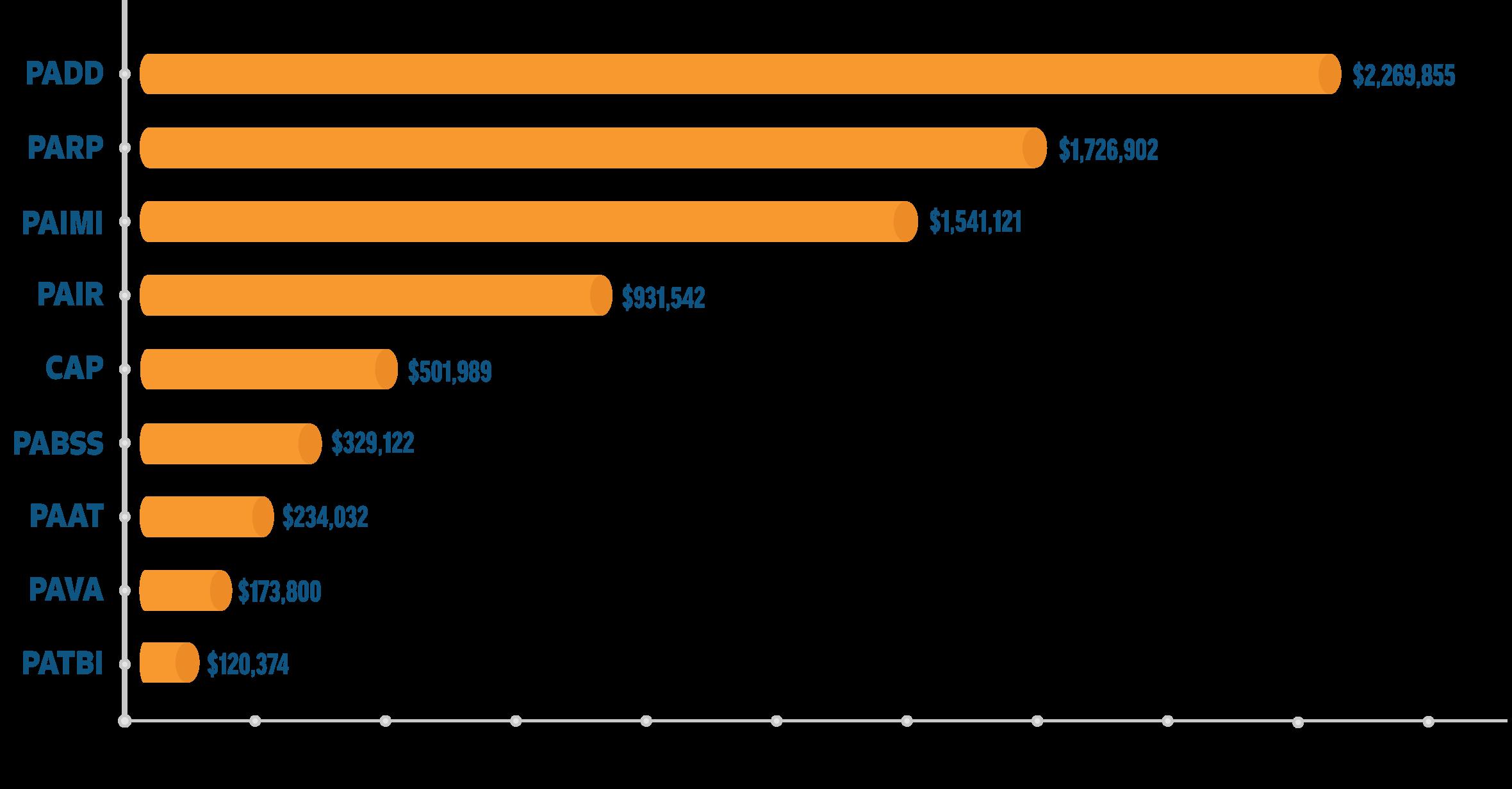
MAILING ADDRESS: Disability Rights New York, 279 Troy Road, Ste 9, PMB 236, Rensselaer, NY 12144





DRNY is supported at taxpayer expense by the U.S. Department of Health & Human Services, The Administration for Community Living; Center for Mental Health Services, Substance Abuse & Mental Health Services Administration; U.S. Department of Education, Rehabilitation Services Administration; and, the Social Security Administration. This publication does not represent the views, positions or policies of, or the endorsements by, any of these federal agencies.
